Cannabis: What Mental Health and Addictions Specialists Need to Know
Research on the risks and benefits of cannabis/marijuana is rapidly expanding, yet finding accurate, evidence-based information on use can be difficult. This course covers the health, mental health, and legal concerns surrounding marijuana use. This course provides guidelines for behavioral health clinicians in helping clients make the best decisions regarding medicinal or recreational use of marijuana.

This seven-module, self-paced, beginning level course is for mental health and addictions specialists, including social workers, psychologists, marriage and family therapists, counselors, and peer support specialists.
This seven-part course provides guidelines for helping clients make the best decisions regarding medicinal or recreational use of marijuana. This course will provide mental health and addictions specialists, and human services professionals with: an introduction to the current methods and reasons for using marijuana in various ways; a familiarization with the conditions for which marijuana use is proven effective; an explanation of specific issues for vulnerable populations; an overview of the legal status of marijuana and its implications for citizens, society, and research; discussion of racial disparities in law enforcement and criminal justice; and a description of Cannabis Use Disorder and effective evidence based treatment strategies.
Module 1: Cannabis Overview
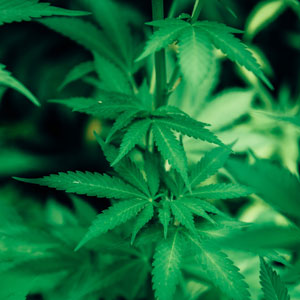 Learning Objectives - participants will be able to:
Learning Objectives - participants will be able to:
- List the differences between hemp and marijuana
- Recall the use of cannabis throughout history
- Explain how cannabis works in the brain
- Summarize the current status of medical research
Module 2: Effects of Marijuana
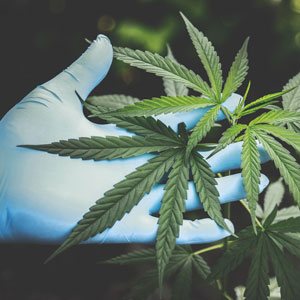 Learning Objectives - participants will be able to:
Learning Objectives - participants will be able to:
- Describe the various ways cannabis is used
- Explain how cannabis typically affects a person's body, thinking, and emotions
- Explain why it affects each person differently
- Distinguish between issues for patients with synthetic THC vs. natural plant
Module 3: Legality of Marijuana
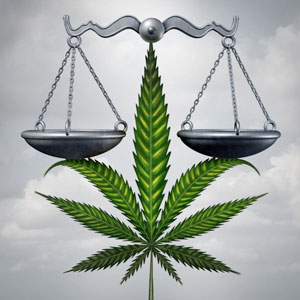 Learning Objectives - participants will be able to:
Learning Objectives - participants will be able to:
- Describe why marijuana became illegal
- List the consequences of criminalization
- Explain the current legal status
- Determine the difference between decriminalization and legalization
Module 4: Health Outcomes
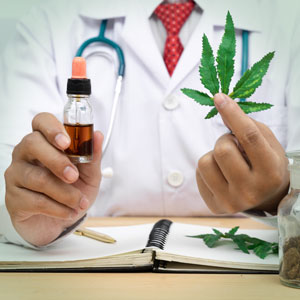 Learning Objectives - participants will be able to:
Learning Objectives - participants will be able to:
- List the medical conditions for which marijuana is effective
- Explain how marijuana compares to other substances in physical and social harm
- Describe the negative health outcomes that may occur from its use
Module 5: Cannabis Use Disorder
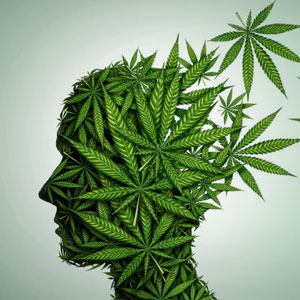 Learning Objectives - participants will be able to:
Learning Objectives - participants will be able to:
- Describe accidental childhood exposure
- Explain the effects on teen brain
- Describe the risk of psychosis in schizophrenia
- Explain the effects of use in bipolar mania
Module 6: Marijuana Use in Vulnerable Populations
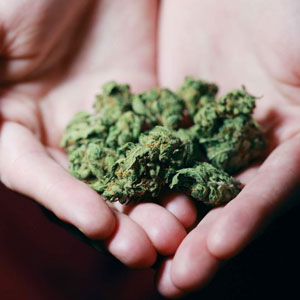 Learning Objectives - participants will be able to:
Learning Objectives - participants will be able to:
- Explain the addiction potential for marijuana
- Describe how to diagnose Cannabis Use Disorder
- List which treatments are effective
- Recall current research on amotivational syndrome
- Summarize problems with current drug testing for THC
Module 7: Issues Regarding Legalization
 Learning Objectives - participants will be able to:
Learning Objectives - participants will be able to:
- Predict the effects of legalization on adolescent use
- Predict the effects of legalization on crime
- Summarize arguments in opposition to legalization
- Summarize arguments in favor of legalization
- Explain how decriminalization differs from legalization
- Recognize how systematic racism affects enforcement
Continuing Education Information
This course is approved by the North Carolina Addiction Specialist Professional Practice Board for 2.5 SS contact hours. Approval 23-346-S. UNC School of Social Work has been approved by NBCC as an Approved Continuing Education Provider, ACEP No.6642. Programs that do not qualify for NBCC credit are clearly identified. UNC School of Social Work is solely responsible for all aspects of the programs. The successful completion of this online course qualifies for 2.5 contact hours.
POLICIES & ADA ACCESSIBILITY
If you require any of the auxiliary aids or services identified in the Americans with Disabilities Act in order to participate in this program, please call us at (919) 843-6083, or e-mail us at bhs-support@unc.edu. Websites and courses have been developed in compliance of US Section 508 standards where applicable or meeting W3C priority 1 guidelines for web accessibility.
Please contact bhs-support@unc.edu with any questions or concerns regarding this course.
Course Evaluation and Certificate of Completion
Upon finishing the modules, participants will be directed to complete and pass a post-test (passing score is 80%). Once completing all seven modules and the post-test in this course, participants will receive a certificate indicating completion of the course. A .pdf version of the Certificate of Completion can be generated by participants to save or print.

